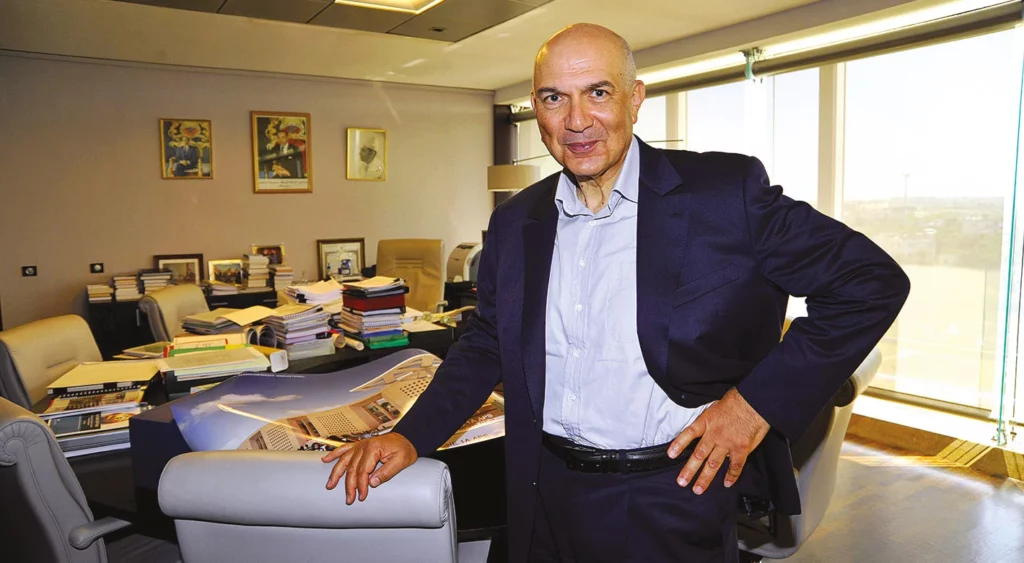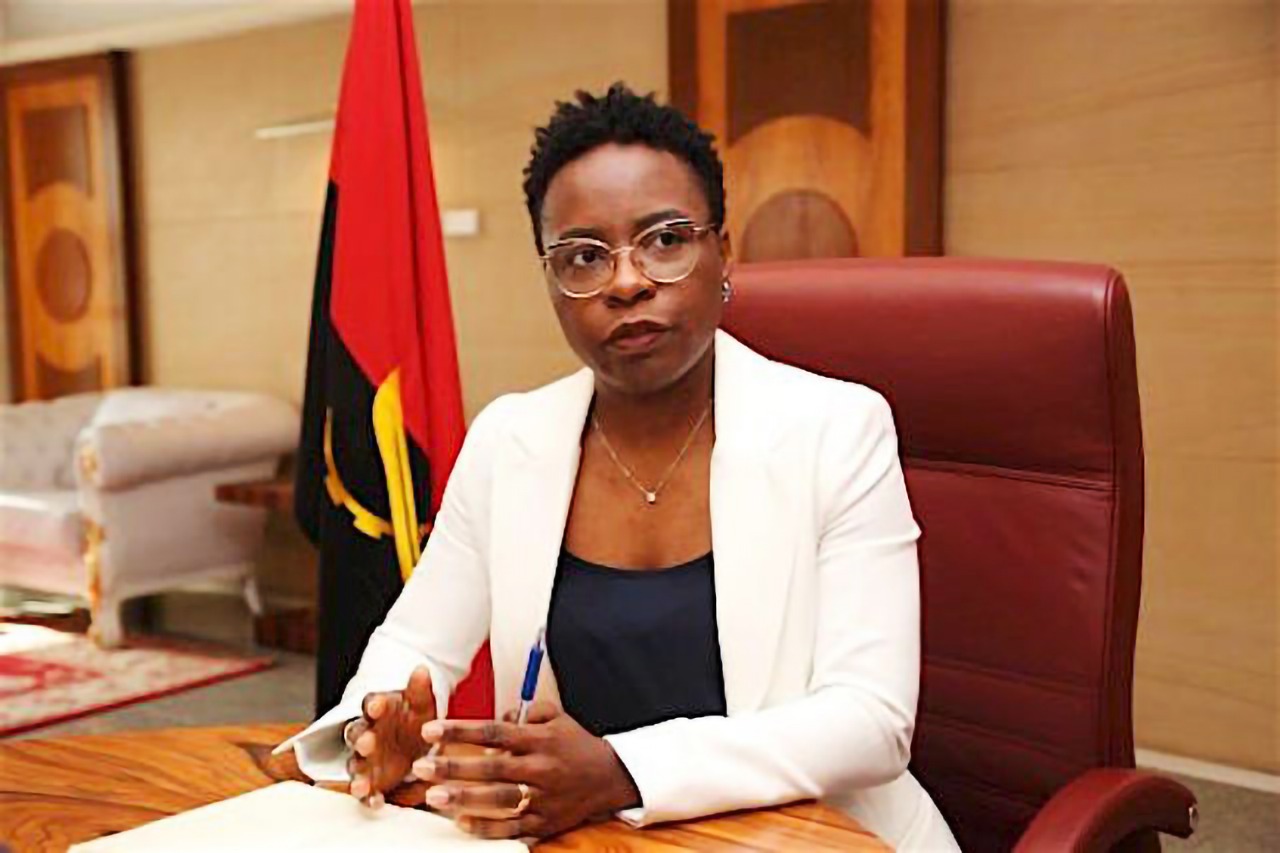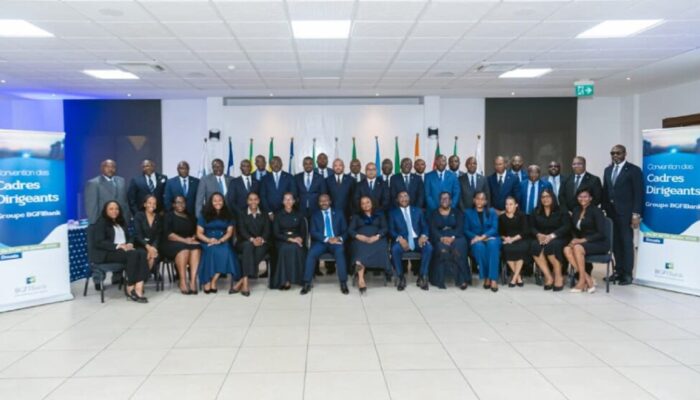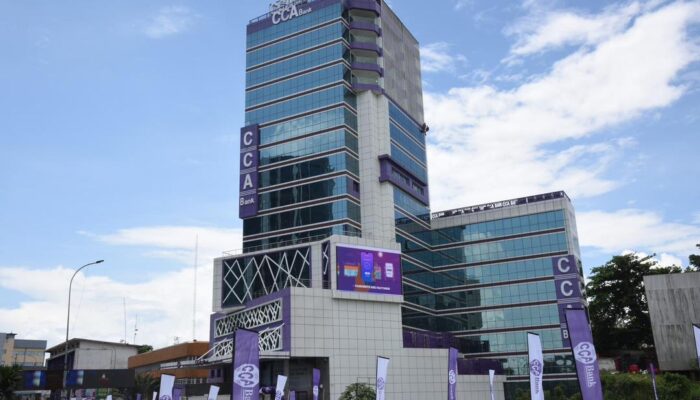Africa is no longer the continent of tomorrow—it is the continent of now. With explosive demographic growth, accelerating urbanization, and bold leadership driving innovation across key sectors, Africa is reshaping the global economic landscape. For French companies and international investors, this is not just an opportunity—it’s a call to action. The future is being built in Africa, and those who engage today will help define the world of tomorrow.
Africa stands at a pivotal moment in its economic evolution. With a population projected to reach 2.5 billion by 2050 and 450 million young people entering the labor market by 2035, the continent is becoming one of the most powerful engines of global growth. This demographic momentum, combined with rapid urbanization and digital transformation, is creating fertile ground for investment—particularly in sectors that will shape Africa’s future.
In 2022, foreign direct investment flows to Africa reached $83 billion, marking a 35% increase from the previous year. This surge reflects growing investor confidence and the continent’s strategic importance in global value chains. But beyond the numbers, Africa’s transformation is being driven by visionary leaders whose influence is reshaping key industries.

In infrastructure and urban development, figures like Mostafa Terrab, CEO of OCP Group, are spearheading large-scale logistics and agricultural modernization. Benedict Oramah, president of Afreximbank, is unlocking capital for cross-border infrastructure and trade integration.
In the digital economy, Strive Masiyiwa, founder of Econet, has revolutionized mobile connectivity and financial inclusion across the continent. Rising entrepreneurs like Hadiatou Barry in Guinea are building fintech platforms that democratize access to savings and credit.
Agribusiness is being redefined by Aliko Dangote, whose investments in food processing and local production are reducing Africa’s reliance on imports. In Angola, Finance Minister Vera Daves de Sousa is championing economic diversification through sustainable agriculture.
In healthcare, Tedros Adhanom Ghebreyesus, director-general of the WHO, has strengthened Africa’s health systems and supported local pharmaceutical manufacturing. Meanwhile, James Mwangi is leading climate-focused venture capital initiatives that promote renewable energy and green innovation.
Education and human capital are central to Africa’s long-term success. Oby Ezekwesili, former Nigerian minister and co-founder of Transparency International, continues to advocate for youth empowerment and institutional reform.
French companies have a unique opportunity to engage with this transformation. With deep expertise in infrastructure, energy, and urban services, and strong cultural ties to many African nations, France is well-positioned to be a strategic partner. Success will depend on long-term commitment, collaboration with local ecosystems, and alignment with continental priorities such as the African Continental Free Trade Area.
Africa is no longer just an emerging market—it is a frontier of innovation, resilience, and inclusive growth. The leaders shaping its trajectory today are building a future that is not only African, but global. For French enterprises, the time to invest is now—not as observers, but as co-creators of a new economic paradigm.






